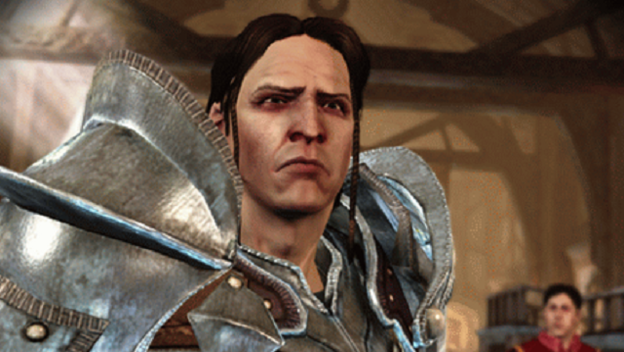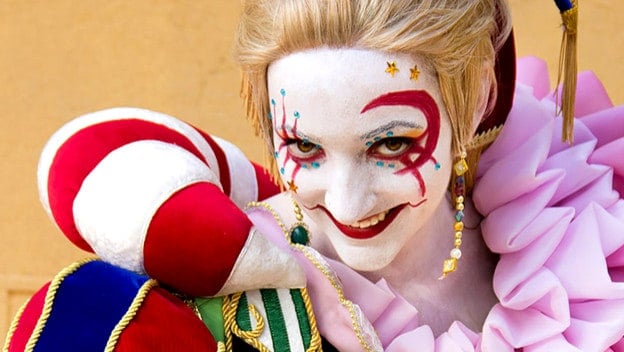I always thought I represented a majority of gamers in preferring complex, morally grey villains who honestly believe they’re doing the right thing. Lately, though, I’ve been reading comments from people who prefer black and white, unambiguously bad foes for their hero to vanquish. Though people prefer different kinds of villains in all kinds of media, I think the difference is more pronounced in games because we’re more personally connected to the main character that we control in a game. When we’re playing the hero, some of us want to wrestle with moral conundrums, and others just want to kick ass and take names.
I personally think morally grey heroes are best for story-driven games. I love Loghain Mac Tir from Dragon Age: Origins because although my character (particularly with the human noble origin) is firmly opposed to his actions, he is honestly doing what he believes to be right for the realm. You even have the chance to recruit him to your party and either agree with him or punish him for his actions. I also like the portrayal of Shane in inFamous: First Light (spoiler alert!). At first you think he’s just kind of a jackass, but you work with him reluctantly because he can help you find your brother. When you discover (too late) that he’s actually much, much worse than you thought he was, it feels both shocking and depressingly inevitable. It took some nice subtlety in writing and voice acting to carry that off, and I appreciated it while playing the game.
On the other hand, I’m not too fond of the Evil Church of Evil that seems to star in about a million Japanese RPGs. Nor do I enjoy the “he got corrupted and now he’s craaaaaazy” excuse that developers in both the East and West (*cough* Blizzard) enjoy using for their villains. Still, I know there are fans of both traditions. I’m sure fighting the Evil Church of Evil is cathartic for people who have a beef with organized religion, while the corrupted bad guy trope allows for the chance for you to redeem a character by cleansing him or her – something I’ve noticed is particularly popular when said villain is good-looking. Still, these villainous portrayals can feel disappointingly simplistic, especially when the game does a good job (at first) of making you think there’s something more interesting going on.

When we get to games that are all about the action, I think that’s where simple villains really shine. We all love Bowser because it feels so good to finally reach him and drop him in the lava in the original Super Mario Bros . Mad scientists like Dr. Eggman make for great villains in platformers because they can be played for laughs and are a great excuse to provide wacky situations and weird enemies for the player to overcome. You don’t need a complex or realistic antagonist when the point of a game is to get from point a to point b while performing fun combat or platforming challenges.
These simple kinds of villains can be highly problematic when you get to games that mimic real life, however. I despise the trend in modern shooters that has the player portraying a white dude who mows down thousands of faceless “terrorists” or “enemy faction” members who just so happen to be non-white. Does that trend cause racism in and of itself? No, but I do believe it, along with a lot of other media portrayals of race, contributes subtly to anti-black and anti-Muslim sentiment in the West. Sometimes context and moral complexity are important, especially when you’re talking about portrayals of groups of people who actually exist.
What kinds of villains do you enjoy? Do you want to feel that uncomfortable sense of relating to somebody who does bad things, or do you prefer to be the heroic white knight saving the world from darkness? Do you feel uncomfortable when real life groups of people are portrayed carelessly as generic bad guys, or do you shrug and figure it’s “just vidyagames?” Let us know in the comments!
Image Credit: crispychickencosplay
